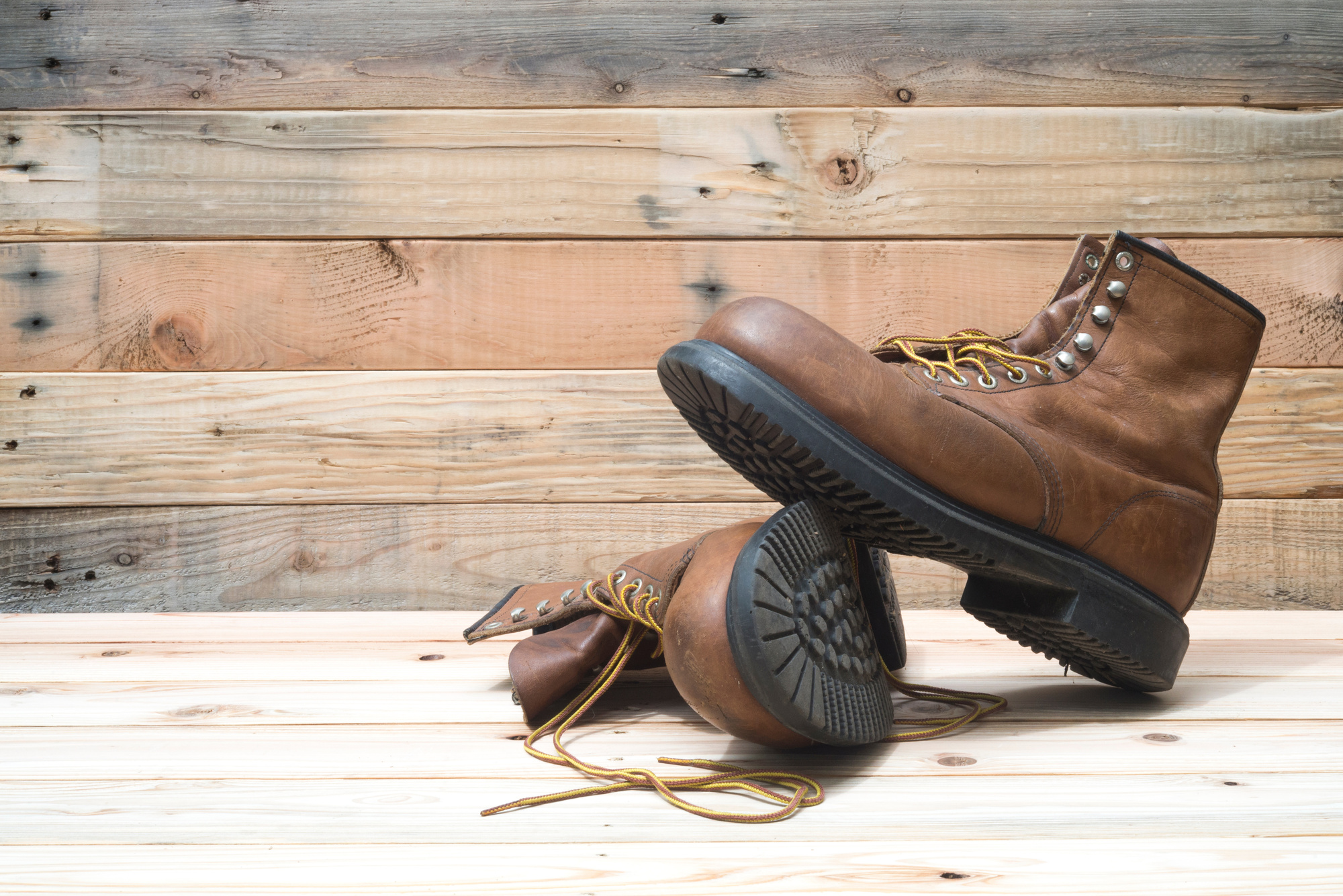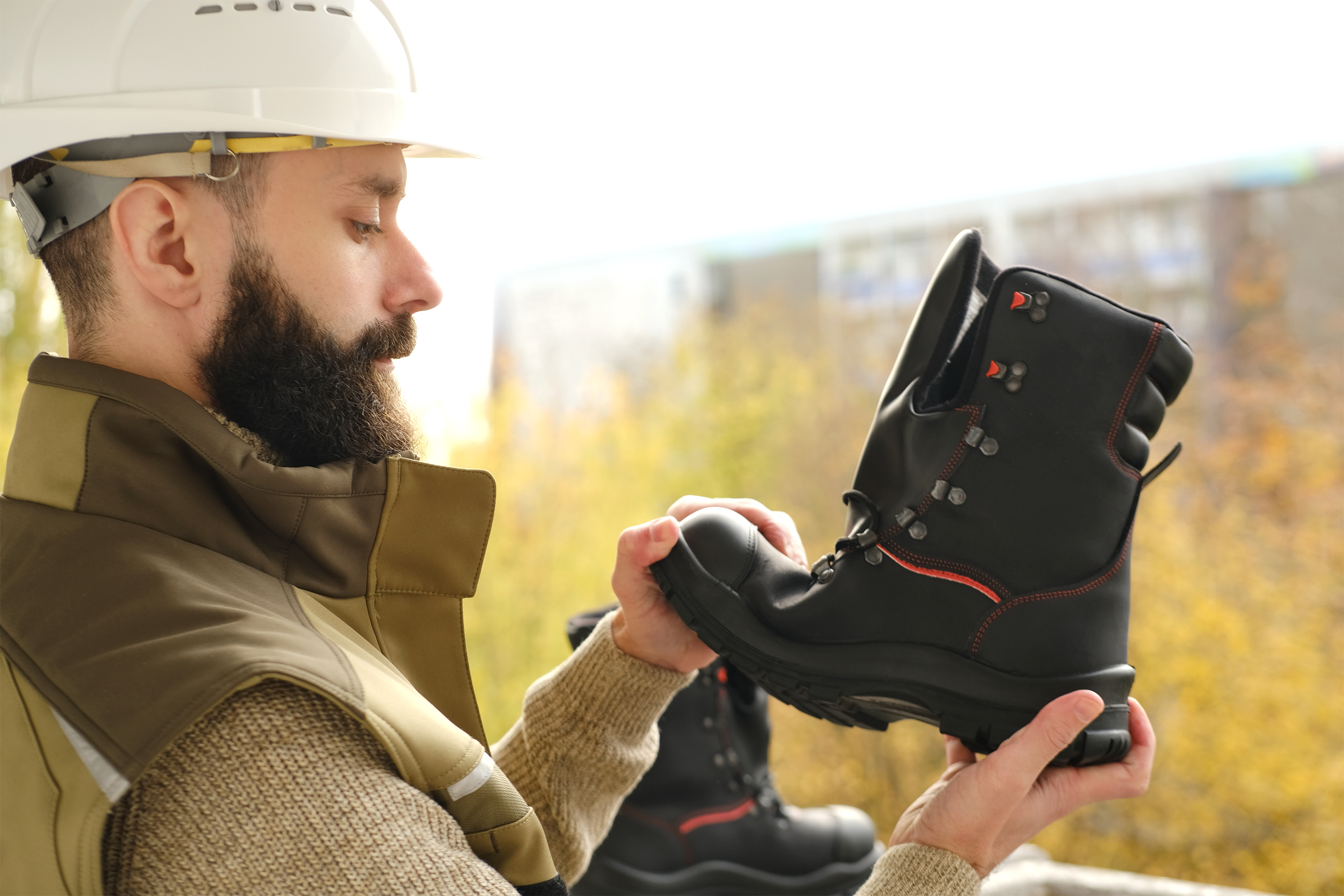Work boots go beyond just shoes; they are essential for many job roles. Boots keep you safe, support your stride, and, when chosen right, can also elevate your style quotient.
Many face dilemmas in selecting the appropriate work boots. Balancing style with practicality can be challenging for some, especially with many available options. If you’re feeling lost, this guide aims to shed light.
Comfort Vs. Style: Finding The Perfect Balance
For a lot of people, work boots primarily mean safety. However, there’s more to discuss beyond safety. Yes, protection matters, but so do comfort and style. Imagine wearing something for 8+ hours a day. Boots can quickly turn those hours into an ordeal if they don’t suit you.
When you buy durable work boots online, you’re investing in your daily life. That’s why comfort shouldn’t be an afterthought. A comfy boot can enhance productivity, reduce fatigue, and guard against potential foot issues.
A sharp outfit, including well-chosen boots, can boost your confidence, show professionalism, and impact how others view you. Sometimes, striking a balance is necessary, especially if you’re torn between a super comfy boot and a high-style one. But with so many options available, finding a suitable compromise is possible.


Different Types Of Work Boots
- Steel-Toe Boots
The traditional choice for many, steel-toe boots come with a steel cap inside the toe box. This design positions them as top picks for jobs needing safety from falling items or compression, like in construction sites or workshops.
- Composite-Toe Boots
A more modern approach to safety, these boots replace steel with carbon fibre, plastic, or fibreglass materials. They’re lighter, won’t set off metal detectors, and protect without the cold conductivity often found in steel-toe varieties.
- Soft-Toe Boots
These are for jobs that demand comfort without the specific safety toe features. Their versatility fits them for various jobs, especially where protection against heavy objects isn’t a priority.
- Work Sneakers
These boots blend casual vibes with durability and provide the flexibility of regular sneakers with the extra toughness needed for diverse workplaces. In relaxed workplaces, work sneakers may be the ideal footwear.


Factors To Consider When Choosing Work Boots
- Safety Features And Compliance With Industry Standards
Firstly, always check boots for certifications. Review the boots’ labels to determine if they meet requirements, like being safe from electrical hazards or being puncture-resistant.
- Material Selection For Durability And Functionality
Materials on footwear matter. While leather has its charm and durability, synthetic options might be better suited for water resistance or heat insulation needs.
- Proper Fit And Sizing Considerations
A boot that doesn’t fit isn’t just uncomfortable – it can be dangerous when worn during work. Make sure to find a size that leaves no room for potential injury.
- Support And Cushioning Options
If you’re on your feet all day, cushioning can mean the difference between a painful and relaxed evening. Boots with good arch support and shock-absorbing properties also help reduce foot fatigue.
- Breathability And Moisture-Wicking Properties
It’s easy to overlook, but breathability is vital for keeping feet dry and healthy. Opt for boots with moisture-wicking linings, especially if you’re prone to hyperhidrosis or excessively sweaty feet.
Finding The Right Work Boots For Specific Professions
- Construction And Heavy-Duty Industries
For professions like these, steel-toe boots are required. They’re built to withstand pressure, are puncture-resistant, and offer robust protection.
- Hospitality And Service Sectors
Here, comfort is king. Long hours on your feet demand boots with good cushioning, but slip-resistant features also come in handy, especially in busy kitchens or corridors.
- Medical And Healthcare Professions
Maintaining cleanliness is fundamental in these professions. Boots that can be easily cleaned and disinfected are ideal, along with a non-slip sole for those unexpected spills.
- Office And Corporate Environments
Style often takes the front seat in such environments but without sidelining comfort. Leather boots or work sneakers can be apt choices here.
- Outdoor And Recreational Use
For outdoor and recreational use, adaptability in boots is essential. Whether it’s changing terrains or weather conditions, the boots you choose must keep up, offering good grip and being weather-resistant.
Tips For Trying And Testing Work Boots
While online reviews and recommendations can be helpful, personal experience reigns when choosing work boots. Before committing, try on several pairs. It might sound trivial, but even the time of day matters. Feet tend to swell by the evening, so an afternoon trial can give a more accurate fit. After you’ve shortlisted a few, put them to the test. Mimic activities you’d perform at work. If a boot is comfortable while you’re walking or squatting, it’s a positive sign.
Also, avoid cutting corners when selecting work boots. The best pairs might be pricey, while cheap ones might lack quality. Giving top priority to quality is an important fashion tip, and it’s relevant for shoes, too.
Proper Foot Protection For Work
Work boots aren’t mere shoes; they accompany you throughout your daily tasks. With some research and patience, you can find that perfect pair that melds protection, comfort, and style in the workplace.
When shopping for work boots, prioritise your needs and don’t settle for less when it comes to comfort or safety. Your feet deserve the best; choose wisely and stride confidently.



